Overview
What is abdominal pain?
Abdominal pain, commonly referred to as stomach pain, is discomfort felt anywhere between the chest and pelvis. It can range from mild to severe and may be sharp, dull, crampy, or colicky. This pain can be a symptom of various conditions, some minor and others requiring immediate medical attention.

How common is stomach pain?
Stomach pain is one of the most frequent reasons people visit healthcare providers. While many cases are due to minor issues like indigestion or gas, persistent or severe pain can indicate more serious health concerns.
What are the four types of abdominal pain?
- Generalized pain: Affects more than half of the abdomen and is often related to indigestion, gas, or stomach viruses.
- Localized pain: Confined to one area, possibly indicating problems with a specific organ, such as the appendix or gallbladder.
- Cramp-like pain: Intermittent and often related to gas, bloating, or menstruation.
- Colicky pain: Sudden, severe pain that comes in waves, commonly associated with kidney stones or gallstones.

What does abdominal pain location tell you?
The location of abdominal pain can provide clues about its cause:
- Upper abdomen: Issues with the stomach, liver, pancreas, or gallbladder.
- Lower abdomen: Problems with the intestines, urinary tract, or reproductive organs.
- Right side: Conditions like appendicitis or gallstones or kidney stone.
- Left side: Conditions like diverticulitis or kidney stones.
Possible Causes
Why does my stomach hurt?
What are the most common causes of abdominal pain?
Digestive issues
- Indigestion: Discomfort after eating or abdomen pain after eating, often due to overeating or spicy foods.
- Constipation: Infrequent bowel movements causing discomfort.
- Diarrhoea: Frequent, loose stools often due to infections or food intolerance.
- Gas: Buildup of air in the digestive tract leading to bloating and pain.
Infections
- Stomach viruses: Causes abdomen pain and loose motion
- Uterus Infection
- Urinary tract infections: Causes abdomen pain and frequent urination
Inflammation
- Appendicitis: Inflammation of the appendix causing sharp pain in the lower right abdomen.
- Cholecystitis: Inflammation of the gall bladder causing pain in right upper abdomen. Can Cause abdomen pain and back pain.
- Pancreatitis: Inflammation of the pancreas leading to upper abdominal pain. Causes abdomen pain and back pain.
- Inflammatory bowel disease: Chronic inflammation of the digestive tract, including Crohn’s disease and ulcerative colitis.
Female reproductive cycle
- Menstrual cramps: Pain during menstruation due to uterine contractions. Causes abdomen pain like period pain.
- Ovarian cysts: Fluid-filled sacs on the ovary causing pelvic pain.
- Endometriosis: Tissue similar to the uterine lining growing outside the uterus, leading to pain.

What are the more serious causes of abdominal pain?
Right upper quadrant
- Gallstones: Hardened deposits in the gallbladder causing pain after eating fatty foods.
- Hepatitis: Inflammation of the liver leading to upper right abdominal pain.
- Cholangitis: Infection in the biliary tree.
- Gall bladder Cancer: Usually they are painless so detected late.
- Liver cancer: Usually they are painless so detected late.
- Bile duct cancer, stones and stricture.
Left upper quadrant
- Pancreatitis: Inflammation of the pancreas causing upper abdominal pain.
- Gastric ulcers: Sores in the stomach lining leading to burning pain.
- Splenic Cyst
- Pancreatic cancer
- Stomach cancer
Left lower quadrant
- Diverticulitis: Inflammation of pouches in the colon causing sharp pain.
- Constipation: Difficulty in bowel movements leading to discomfort.
- Colon cancer: Usually Painless but can cause pain when very large.
- Kidney stones: Urinary tract stone cause sharp severe pain and need immediate attention of a doctor.
- Hernia: Inguinal hernia specially in males can cause discomfort and pain in lower abdomen.
- Ovarian cysts: Can cause sharp pain if they rupture or twist.
- Ectopic pregnancy: When foetus starts developing outside uterus.
General pain
- Irritable bowel syndrome (IBS): A chronic condition causing cramping, bloating, and changes in bowel habits.
- Gastroenteritis: Infection causing diarrhoea, vomiting, and abdominal cramps.
- Tuberculosis of abdomen: Usually causes generalized pain and is difficult to diagnose.
- Stress (psychosomatic pain)
- Abdominal muscle strain
How do you relieve abdominal pain?
Treatment depends on the cause:
- Medications: Antacids for indigestion, antibiotics for infections, or pain relievers.
- Lifestyle changes: Dietary adjustments, stress management, and regular exercise.
- Surgery: In cases like appendicitis or gallstones, surgical intervention may be necessary.
Right lower quadrant
- Appendicitis: Inflammation of the appendix requiring immediate medical attention.
- Ovarian cysts: Can cause sharp pain if they rupture or twist.
- Kidney stones: Urinary tract stone cause sharp severe pain and need immediate attention of a doctor.
- Hernia: Inguinal hernia specially in males can cause discomfort and pain in lower abdomen.
- Ectopic pregnancy: When foetus starts developing outside uterus.
Care and Treatment
How is abdominal pain diagnosed?
Diagnosis involves:
- Medical history and physical examination: Assessing symptoms and checking for tenderness.
- Laboratory tests: Blood, urine, or stool tests to identify infections or other issues.
- Imaging studies: Ultrasound, CT scans, or X-rays to visualize internal organs.
When To Call the Doctor
When should I see my healthcare provider about my abdominal pain?
Seek medical attention if you experience:
- Severe or persistent pain: Especially if it lasts more than a few hours.
- Fever: Accompanied by abdominal pain.
- Vomiting or diarrhoea: Lasting more than a day.
- Blood in stool or vomit: Indicates potential internal bleeding.
- Unexplained weight loss: Along with abdominal discomfort.
- Jaundice: Yellowing of the eyes and skin
Frequently Asked Questions (FAQs)
You can confirm PCOS through:
- Irregular periods or symptoms
- Hormonal blood tests
- Ultrasound to detect cysts on the ovaries
A gynecologist at Shri Tirupati Hospital, Ghaziabad can provide accurate diagnosis and treatment guidance.
You can confirm PCOS through:
- Irregular periods or symptoms
- Hormonal blood tests
- Ultrasound to detect cysts on the ovaries
A gynecologist at Shri Tirupati Hospital, Ghaziabad can provide accurate diagnosis and treatment guidance.
Our Medical Experts
Our doctors are highly trained with years of experience.
Specialist in Location
Find the best doctor near me in Ghaziabad, Delhi.
Related Blogs
Read our blogs on gallstones: causes, symptoms, and treatments; kidney stones and more.
Care at Shri Tirupati Hospital
At Shri Tirupati Hospital, Ghaziabad, we provide expert care for our patients. We are the name in Ghaziabad Hospitals you can rely on. Our experienced medical team is equipped to diagnose and treat various causes of abdominal pain. Early consultation can prevent complications and ensure effective treatment. With best doctors in Ghaziabad, you can be assured of quality care for you.
About Shri Tirupati Hospital
Shri Tirupati Hospital is a multi-specialty healthcare centre in Ghaziabad known for compassionate care, skilled doctors, and 24×7 emergency services. We are included in the top 10 hospital in Ghaziabad list. Contact us for personalized health advice and treatment.
Connect With Us
Phone: 0120-2782103 / 9873363434
Website: www.shritirupatihospital.com
Follow us on Facebook and Instagram for regular health updates.
Note: This information is for educational purposes and should not replace professional medical advice. Always consult with a healthcare provider for concerns about your health.
Information reviewed and verified by-
M.B.B.S., M.S.,
Fellowship GI Oncology
Laparoscopic, Laser, Bariatric Surgeon

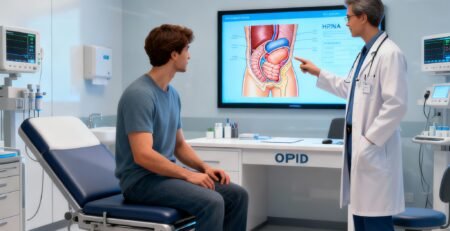
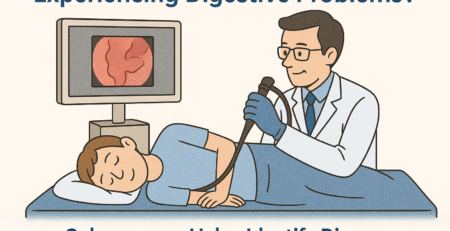
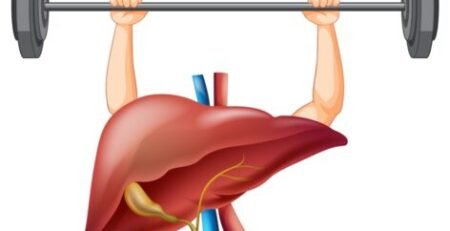
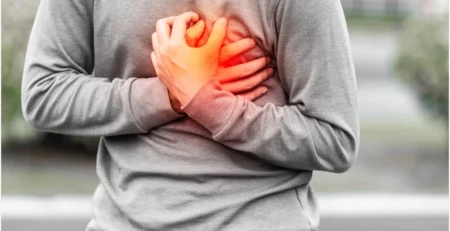

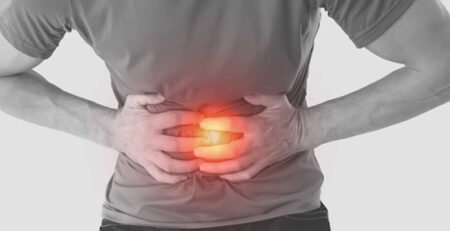
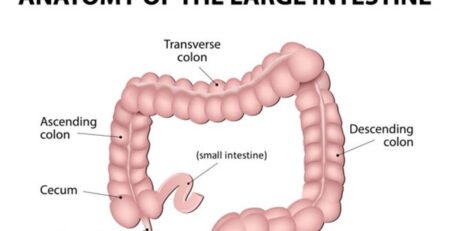

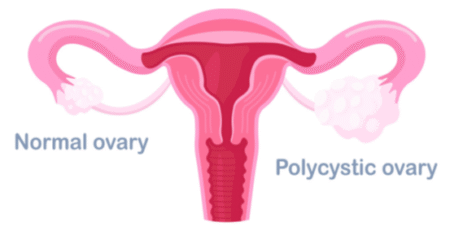

Leave a Reply